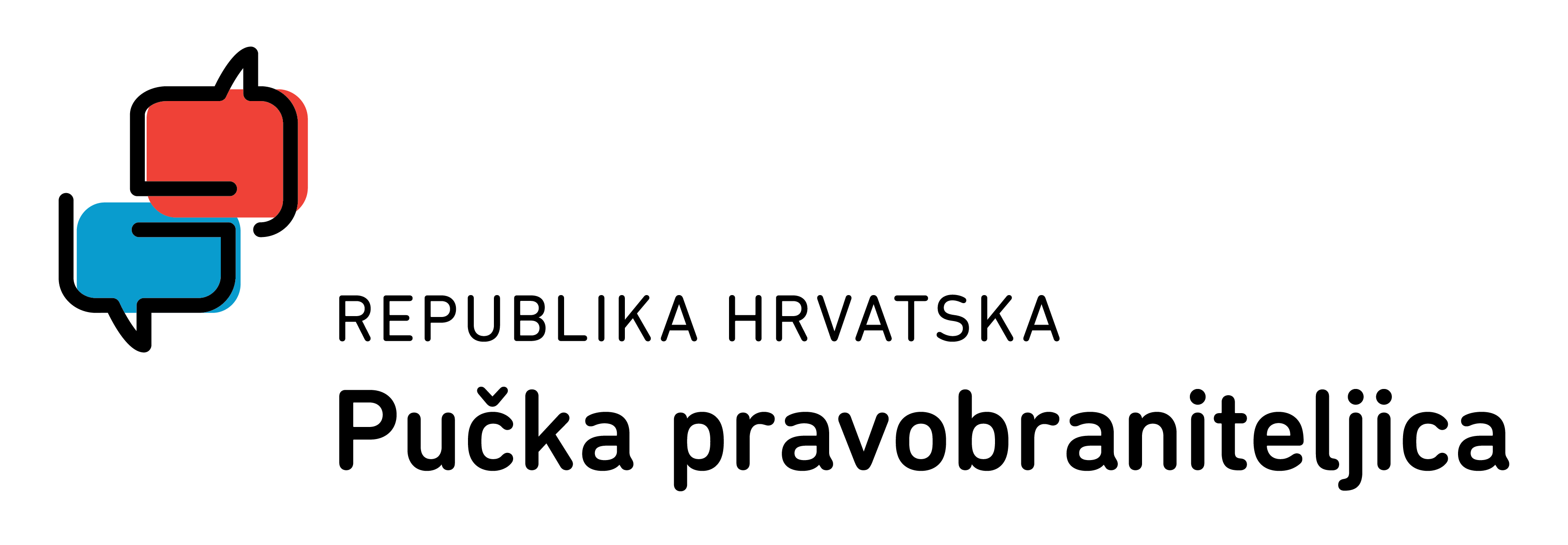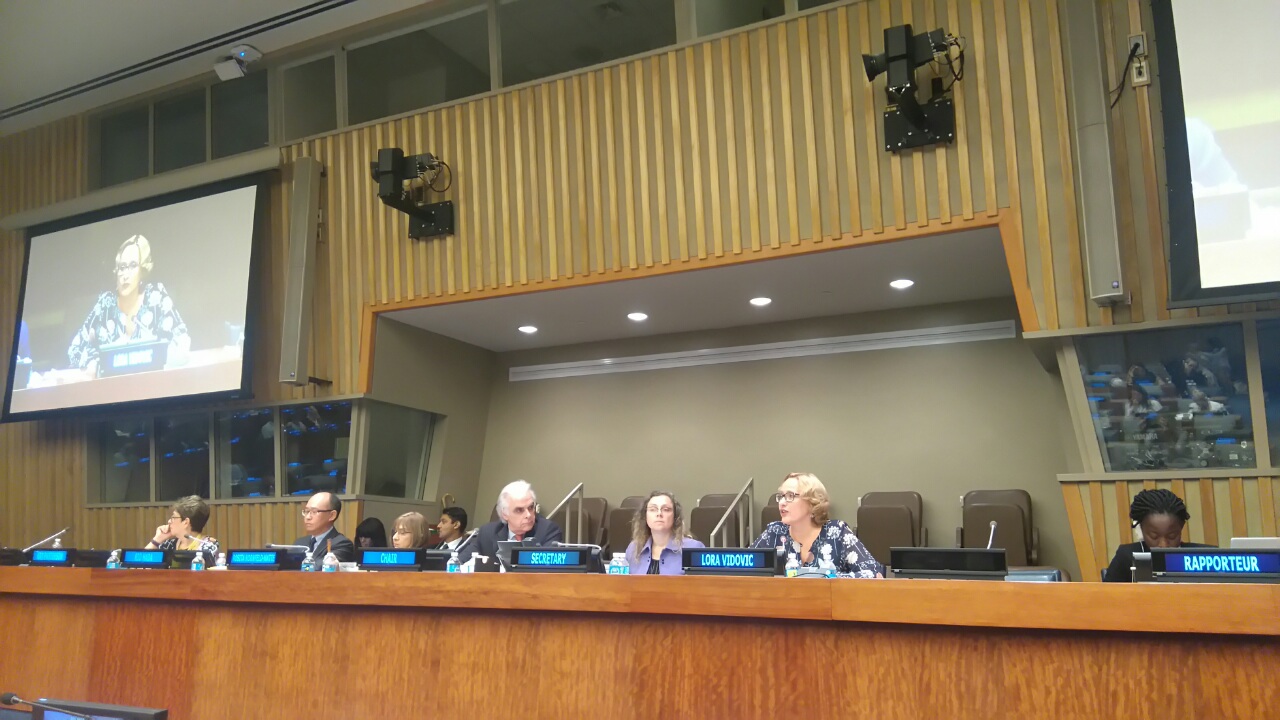People everywhere must be allowed to age with dignity and human rights, stressed the participants of the Eights session of the Open-Ended Working Group of Ageing (OEWG) that took place from 5 to 7 July 2017 at the United Nations Headquarters in New York. The 8th Session was dedicated to abuse, neglect, violence and age discrimination.
„According to a global study carried out in 28 countries, in 2016, about one in six older persons experienced some form of abuse and estimates suggest that only one in five cases, abuse was actually reported. The reasons for which there is such a high level of unreported violence are multiple and complex, and we know that many victims don’t report because they feel ashamed, powerless and fear reprisals, particularly when it comes to domestic violence“, Ombudswoman and Chair of European Network of National Human Rights Institutions (ENNHRI) Lora Vidović stated in her speech. She added that national human rights institutions (NHRI) can see directly, through all segments of their works, how much still needs to be done for stronger protection of human rights of elderly, and therefore encourage the states to work towards a convention on the rights of the elderly.
Orhideja Skale Družak, legal advisor of the Ombudswoman, presented roblems that elderly in Croatia face due to poverty, for example when seeking housing in long-term care facilities. “Financial reasons make it impossible to pay for a private care homes, since most are too expensive. On the other hand, there is a chronic shortage of vacancies in public care homes which are more affordable but have long waiting lists and admission criteria lack transparency”.
The eight OEWG on Ageing session is historic for NHRIs, who for the first time had an opportunity to speak. Beside the ombudswoman, the representative of the Ombudsman of Poland used the opportunity as well.
“Our role as NHRIs, is among other things, to bring the voices of citizens, often the most marginalized, to the Governments, parliaments, other decision makers, and even to the general public. We use what we learn from investigating their complaints to advocate for better, inclusive, and sustainable policies that would reflect their needs and recognize them as rights holders. NHRIs also have a role in bridging international and national arenas by bringing international standards to the local level, but we also have unique opportunity to inform international community of most pressing and acute human rights issues”, said Ombudswoman Vidović.
During the three day session, side events were held as well. The Ombudswoman chaired the presentation of the ENNHRI project on elderly and report “We have the same rights – The Human Rights of Older Persons in Long-term Care in Europe”, organised by ENNHRI and EU delegation at the UN. She was also a speaker at the side event organized by the Global Alliance of National Human Rights Institutions (GANHRI) and Asia-Pacific Forum (APF).
The ninth OEWG on Ageing session will be dedicated to autonomy and independence, long term and palliative care.
People everywhere must be allowed to age with dignity & human rights. Meeting on ageing at UNHQ this week: https://t.co/XnSIFxbr6x #OEWG8 pic.twitter.com/KNg4xaYjhD
— United Nations (@UN) July 5, 2017






